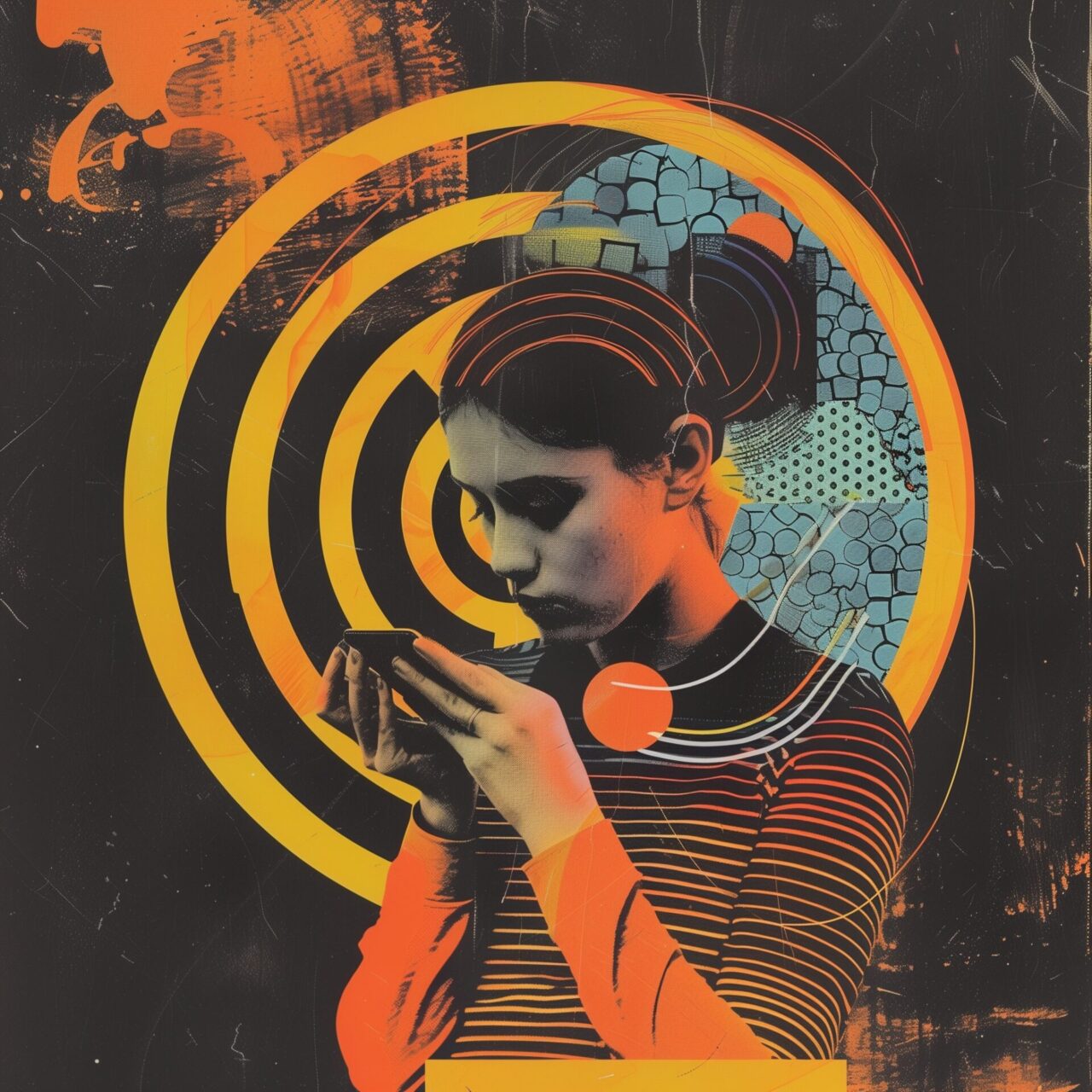
Behavioural experiments in the digital era
In the digital era, social media has not only revolutionised the way we communicate, but has also opened up a new arena for sociological and psychological experimentation. These platforms provide a rich source of data to study human behaviour and understand how social interactions and individual decisions are influenced by digital environments.
Social media as a laboratory
The wide reach and dynamic interaction patterns on platforms such as Facebook, Twitter and Instagram make social media a virtual laboratory where researchers can analyse behavioural patterns that would be difficult to capture in the real world. These platforms make it possible to conduct experiments in real time, with a large number of participants covering a broad demographic spectrum.
One of the most well-known experiments in the digital era is the Facebook emotional contagion experiment conducted by Adam Kramer and colleagues. This experiment manipulated the news feeds of hundreds of thousands of Facebook users to test whether positive or negative emotional content can influence users’ moods. The results showed that users tended to post content that matched the emotions in their manipulated feed, suggesting a kind of emotional contagion.
Privacy and ethical concerns
However, conducting behavioural experiments on social media raises significant ethical issues, particularly with regard to data privacy and informed consent of participants. The Facebook experiment sparked widespread debate about ethical standards in research, particularly as users were not explicitly informed about their participation in the experiment. This has led to calls for stricter guidelines for conducting such research.
Long-term effects and sociological impact
In addition to immediate behavioural changes, social media also enables long-term studies on the effects of digital interactions on social relationships, political attitudes and psychological well-being. Researchers use data from social networks to investigate phenomena such as “echo chambers” or filter bubbles, in which users mainly see and share content that reflects and reinforces their own beliefs.

The future of behavioural experiments in digital times
On the one hand, the future of behavioural science research in the digital era looks promising, as technologies such as artificial intelligence and machine learning offer new possibilities for data analysis and interpretation. On the other hand, it requires an ongoing examination of the ethical foundations of research. The balance between innovation and ethics will be crucial to ensure that research contributes to the well-being of society and does not lead to its division.
Deciphering human behaviour through the lens of social media is an exciting, albeit complex, endeavour. It requires interdisciplinary collaboration that considers both the technological possibilities and the philosophical and ethical dimensions to develop a deep understanding of digital human nature.


